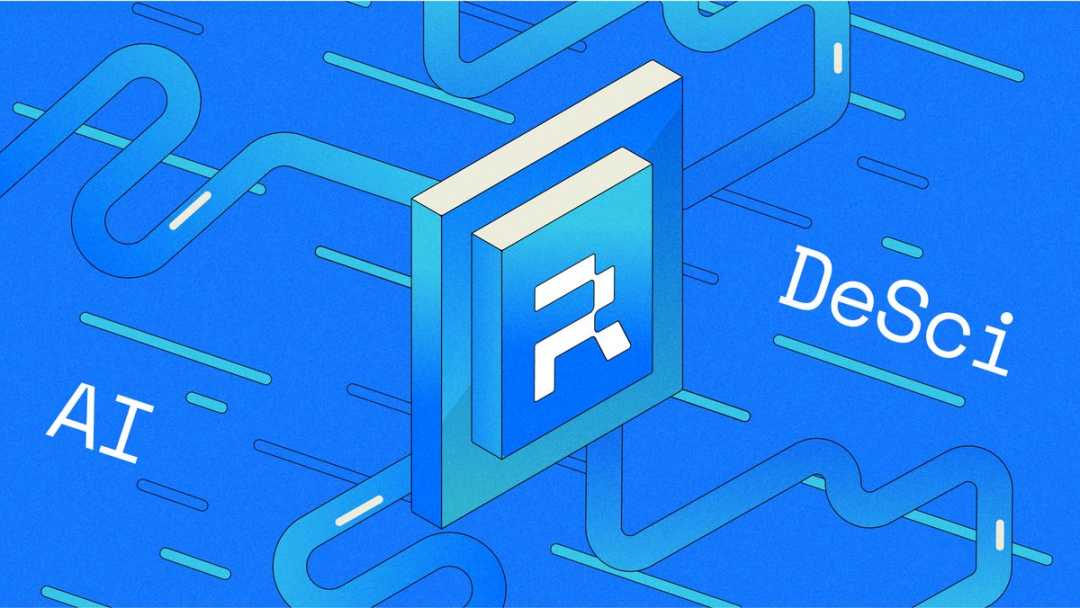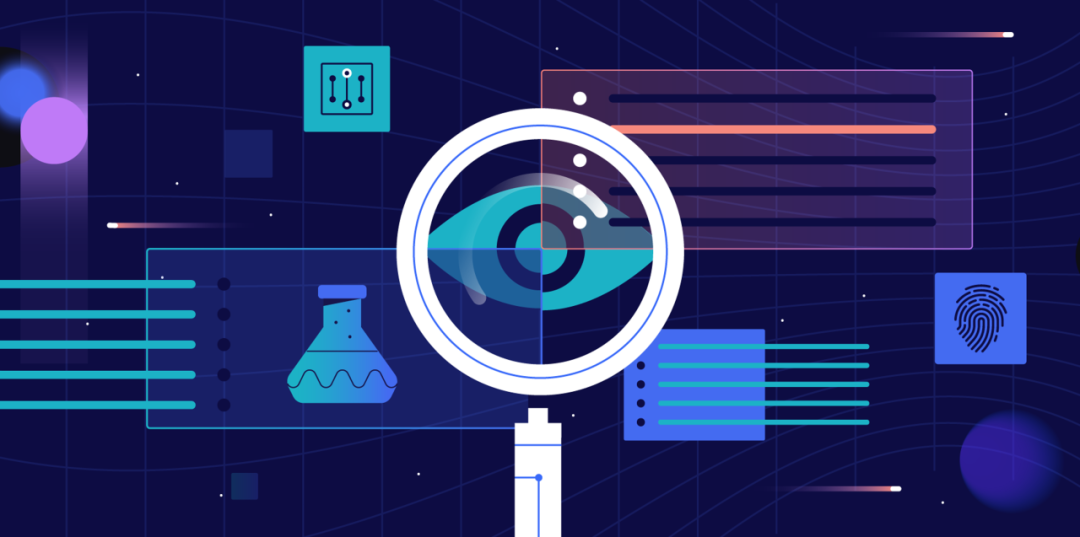Recently, the performance of the US stock market has not been commendable, but one sector has emerged strongly amidst this mediocrity, with individual stocks showing a remarkable monthly increase of 300%. Even "Cathie Wood" has publicly stated that this sector is currently the most undervalued area of AI applications. Moreover, "the stock god of Capitol Hill," Nancy Pelosi, has set an example by betting on it and taking the lead on Tempus AI, which belongs to the recently spotlighted sector—AI healthcare.
Similarly, another company in the AI healthcare sector, Firefly, skyrocketed by 170% overnight after announcing its participation in NVIDIA's Connect program. Although it has since retraced significantly, the enthusiasm for AI healthcare continues on Wall Street.
What is DeScAI?
If AI empowering healthcare is like adding wings to a tiger, then blockchain empowering healthcare will be a different kind of industry revolution. Of course, if the three are integrated, it would be a disruption to the healthcare industry. This is what we are going to discuss today: DeSci (Decentralized Science integrates the principles of decentralization and blockchain into the field of scientific research to achieve open research, reduce entry barriers, promote global collaboration, and enhance the integrity of scientific data) + AI (Artificial Intelligence).

As is well known, since the scientific revolution of the 17th century, humanity's exploration of knowledge has undergone a transformation from individual struggles to institutional monopolies. Now, with the rapid rise of blockchain and AI, a new transformation is quietly emerging.
The deep integration of DeSci and AI can not only break down the barriers of data silos, inefficient reviews, and centralized funding distribution in traditional scientific research but also release unprecedented innovative energy for scientific development through open sharing, collaborative innovation, and intelligent decision-making. We can refer to this innovative integration as "DeScAI" (Decentralized Science AI).
How do DeSci and AI integrate?
1. Efficient Utilization of Medical Data
Traditional AI models typically rely on centralized data warehouses, which are monopolized by a few institutions, often resulting in data silos and privacy leakage risks. DeSci utilizes blockchain to store research and health data on-chain, ensuring data immutability and traceability, thus achieving data rights confirmation, sharing, and incentive loops.
2. Comprehensive Upgrade of Precision Medicine
With the help of distributed health data platforms and real-time AI monitoring systems, each patient will receive a tailored diagnosis and treatment plan. Doctors can access patients' comprehensive health records in real-time through globally open data resources and adjust treatment strategies based on dynamic data, significantly improving treatment outcomes and reducing healthcare costs.
3. Revolutionary Transformation of Drug Development and Clinical Trials
Decentralized clinical trial management and intelligent drug development platforms will significantly shorten drug development cycles and reduce costs. The closed-loop feedback mechanism formed by transparent funding, on-chain data, and real-time AI monitoring will promote the efficient operation of the entire process from drug development to clinical translation, bringing profound impacts to the biopharmaceutical industry.
4. Building a Global Collaborative Research Ecosystem
Cross-chain interoperability, decentralized identity authentication (DID), and federated learning technologies will break down geographical and institutional barriers, creating an open, inclusive, and globally collaborative research network. Using federated learning, medical institutions can complete model training locally and only upload model update parameters instead of raw data, achieving cross-institutional collaboration while ensuring patient privacy. Researchers in both developed and developing regions can jointly promote scientific progress on this platform, forming a global innovation synergy.
5. Innovation in Intellectual Property Management and Incentive Models
Through IP-NFT and dynamic token incentive mechanisms, research results will achieve digital rights confirmation and transparent circulation. In the future, research results will no longer rely on traditional publishing institutions but will flow directly to the global market through blockchain, building a fair and efficient research credit system that provides continuous incentives for global innovators. Patients will not only own their data but can also convert it into economic incentives through authorized sharing, providing high-quality and reliable data sources for subsequent AI model training.
6. Popularization of Decentralized AI Computing Platforms
The sharing of distributed computing resources will significantly reduce centralized computing costs and enhance system scalability and robustness. The decentralized AI computing platform, combined with the DeSci data-sharing model, will provide low-cost and high-efficiency support for large-scale AI model training, becoming an important cornerstone for promoting scientific research and precision medical applications.

Challenges in the Integration of DeSci and AI
Although the DeScAI model shows great potential in theory and practice, it still faces a series of challenges during promotion, mainly including the following points.
- Data Privacy and Compliance
While we can achieve secure use of medical data through various encryption methods, the data itself is highly sensitive, and the platform must comply with international regulations such as the General Data Protection Regulation (GDPR).
- Technical Standardization
Differences in data formats and collection standards among institutions pose obstacles to achieving unified standards and cross-platform data integration.
- Contract Security and Incentive Design
Smart contracts, as the core of funding distribution and incentive mechanisms, directly affect the stable operation of the platform. Platforms using blockchain must ensure that all smart contracts are free of vulnerabilities while designing reasonable dynamic incentive models to ensure the healthy development of the token ecosystem and prevent short-term speculation.
- User Acceptance
The transition to a decentralized model requires time and trust accumulation; it is not an overnight transformation. More time and processes are needed for users to accept it, as well as innovation and acceptance from the research talent itself.
Conclusion
DeScAI, centered on decentralized data governance and intelligent data analysis, reconstructs the traditional models of scientific research and precision medicine. It ensures data transparency and immutability through blockchain; utilizes AI for deep data mining and real-time decision support; and achieves global fundraising and result sharing through DAO and token incentive mechanisms.
Although issues such as data privacy, technical standardization, and regulatory compliance still exist, with continuous improvements in various aspects, the practical applications of DeScAI in drug development, clinical trials, personalized health management, and cross-domain collaborative innovation will undoubtedly become an important force driving global scientific progress and medical transformation, leading to a truly significant scientific revolution—the "third wave."
免责声明:本文章仅代表作者个人观点,不代表本平台的立场和观点。本文章仅供信息分享,不构成对任何人的任何投资建议。用户与作者之间的任何争议,与本平台无关。如网页中刊载的文章或图片涉及侵权,请提供相关的权利证明和身份证明发送邮件到support@aicoin.com,本平台相关工作人员将会进行核查。




